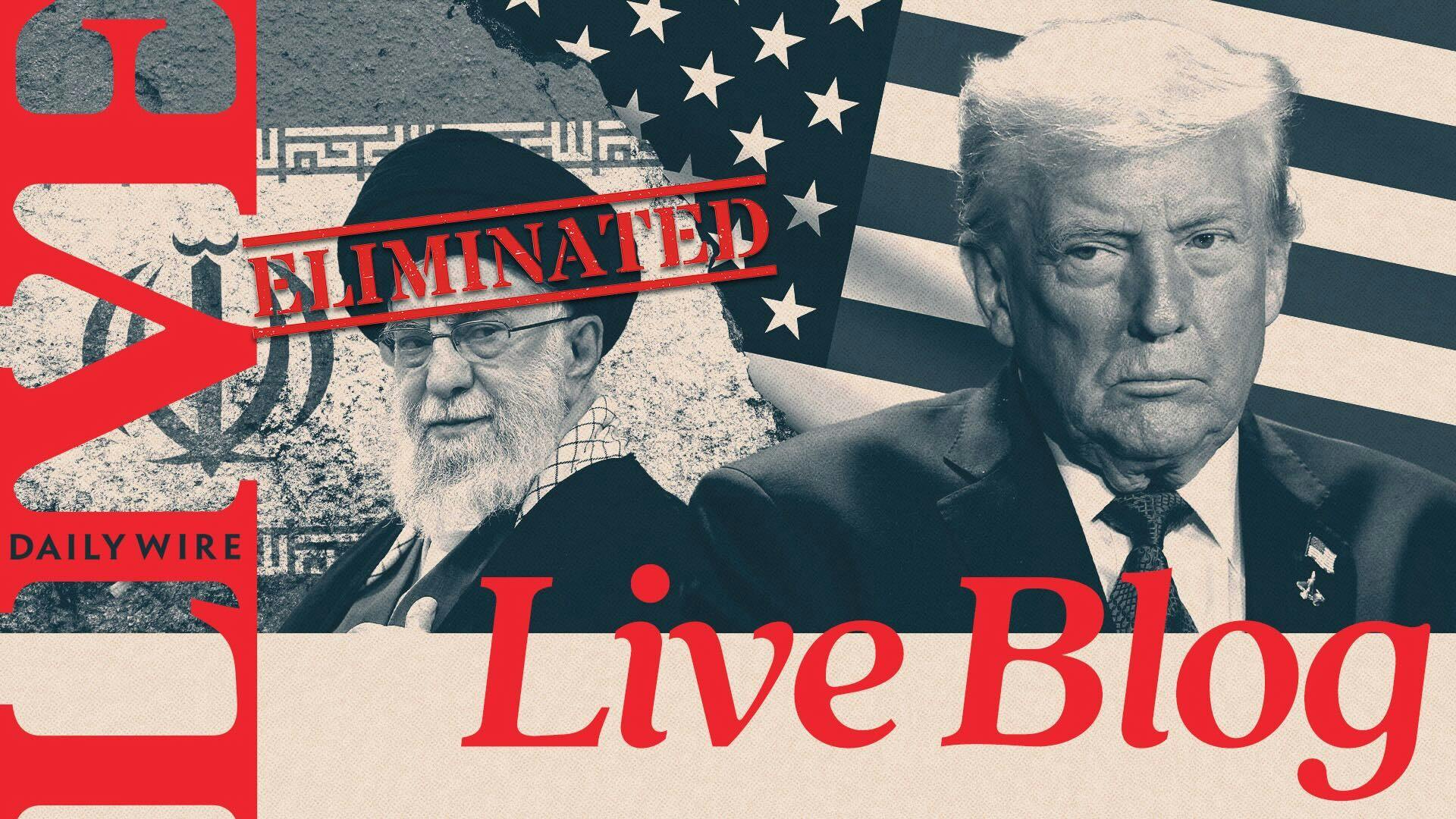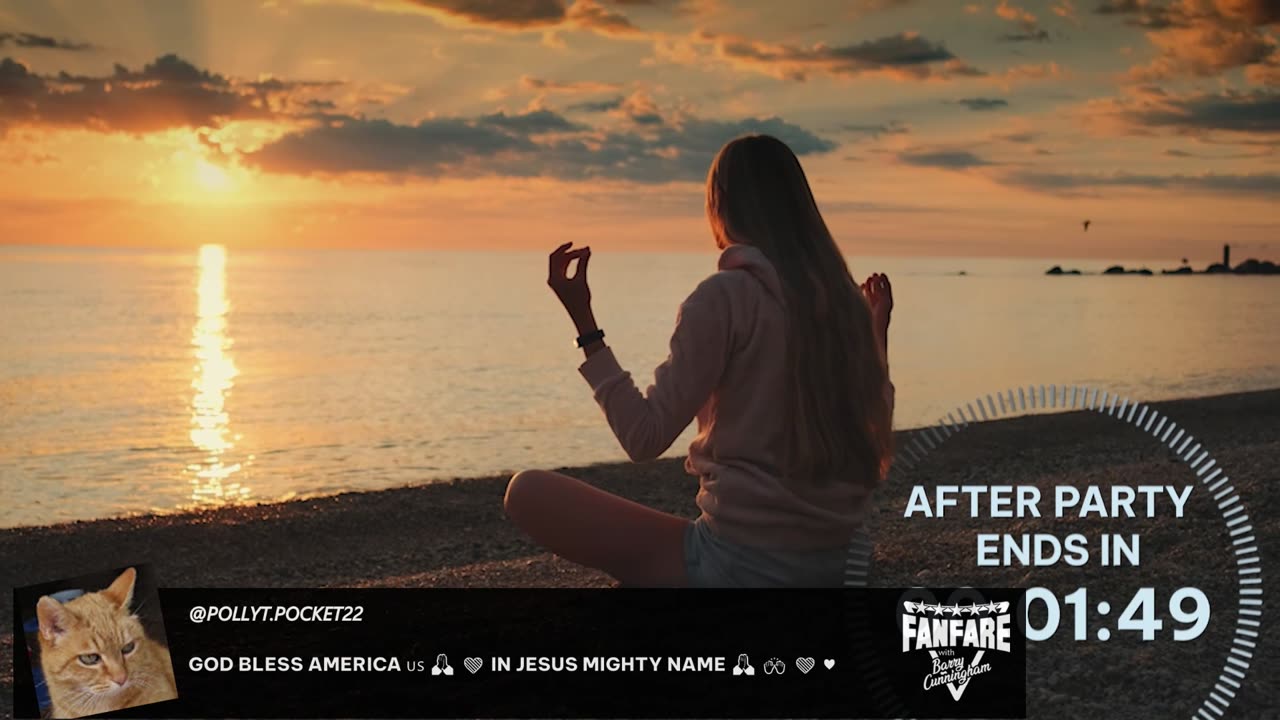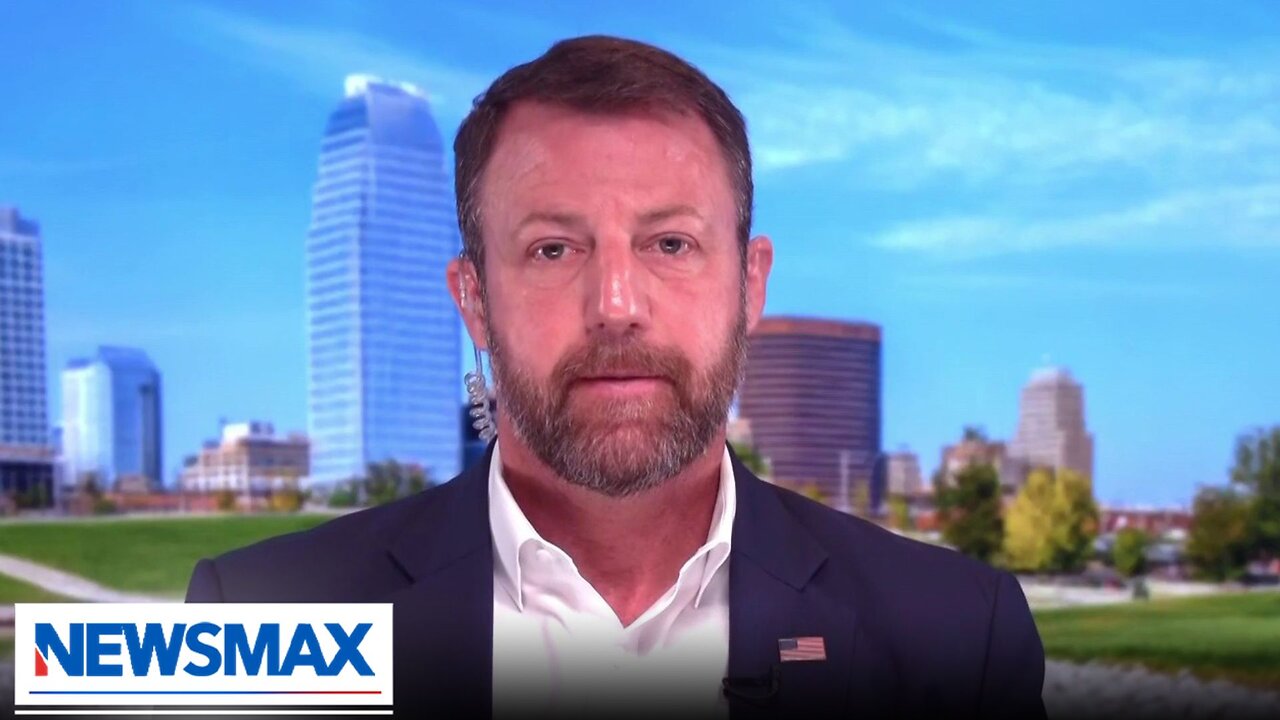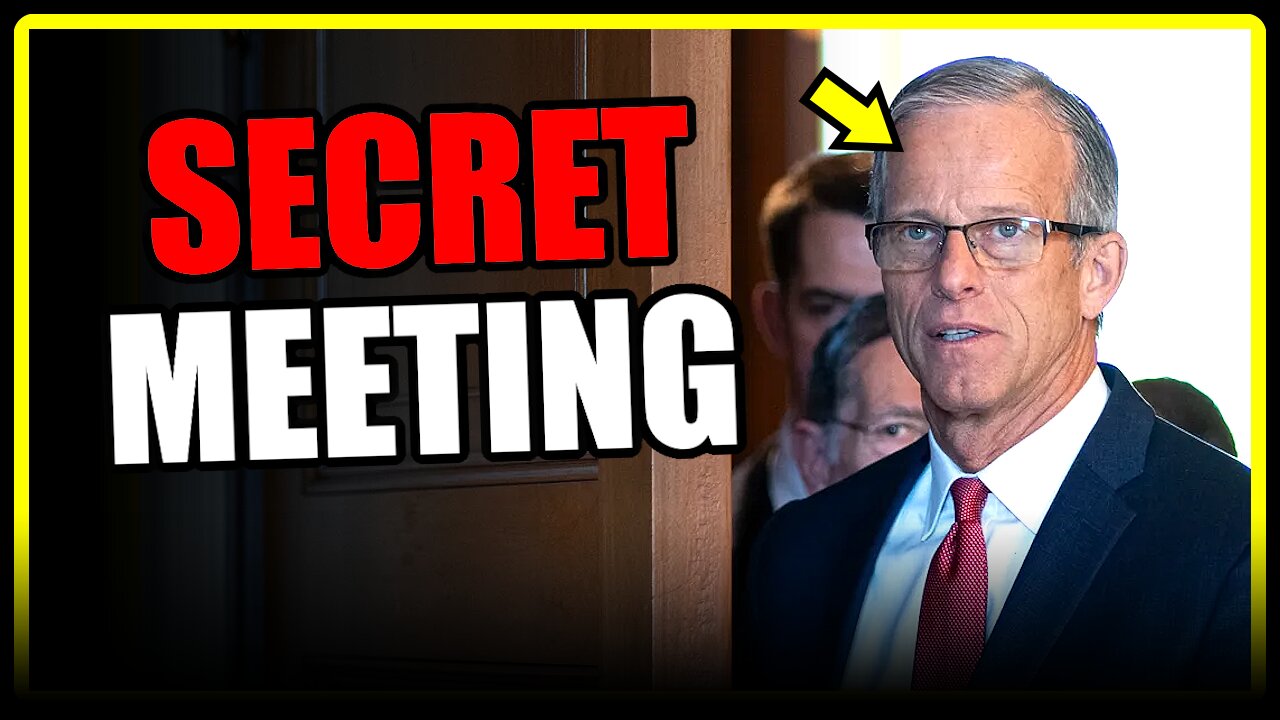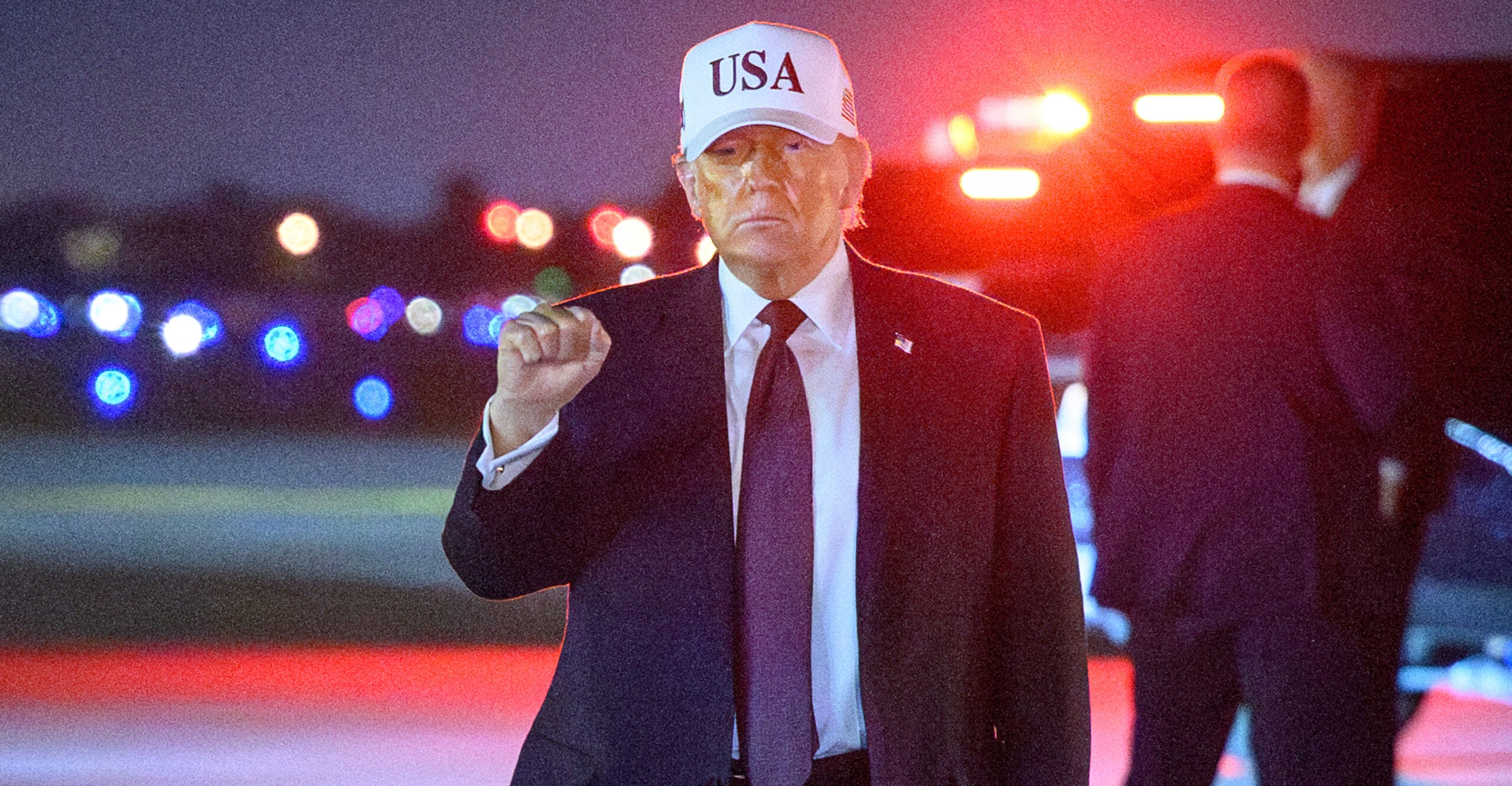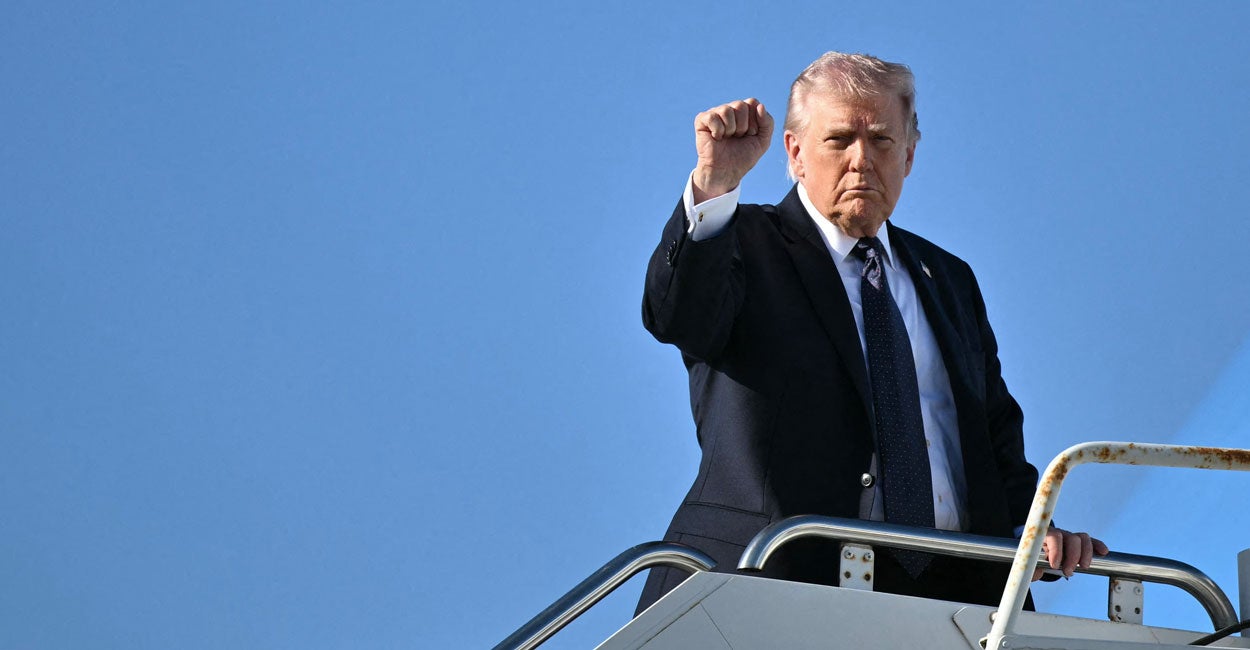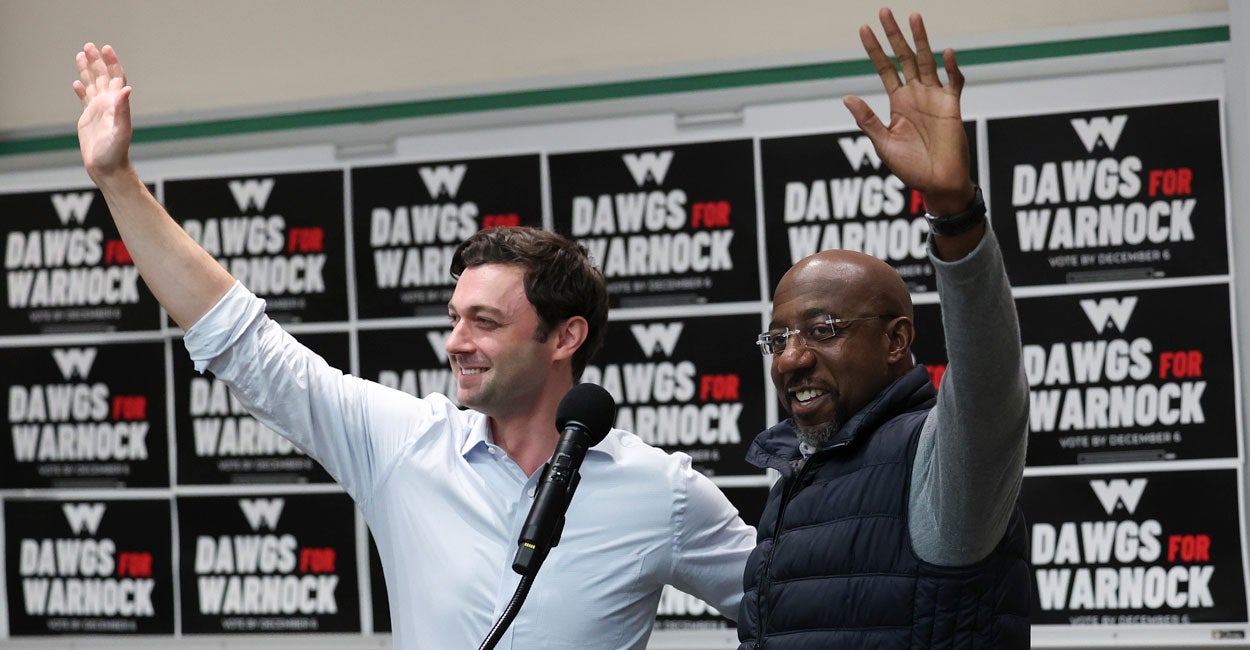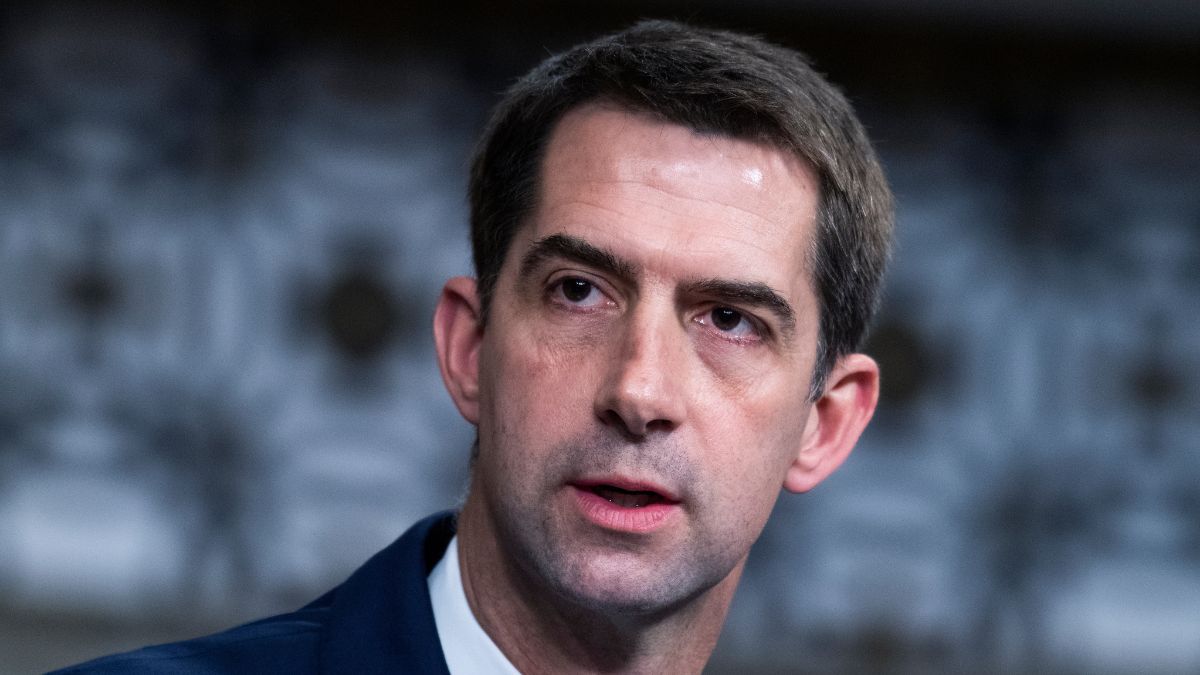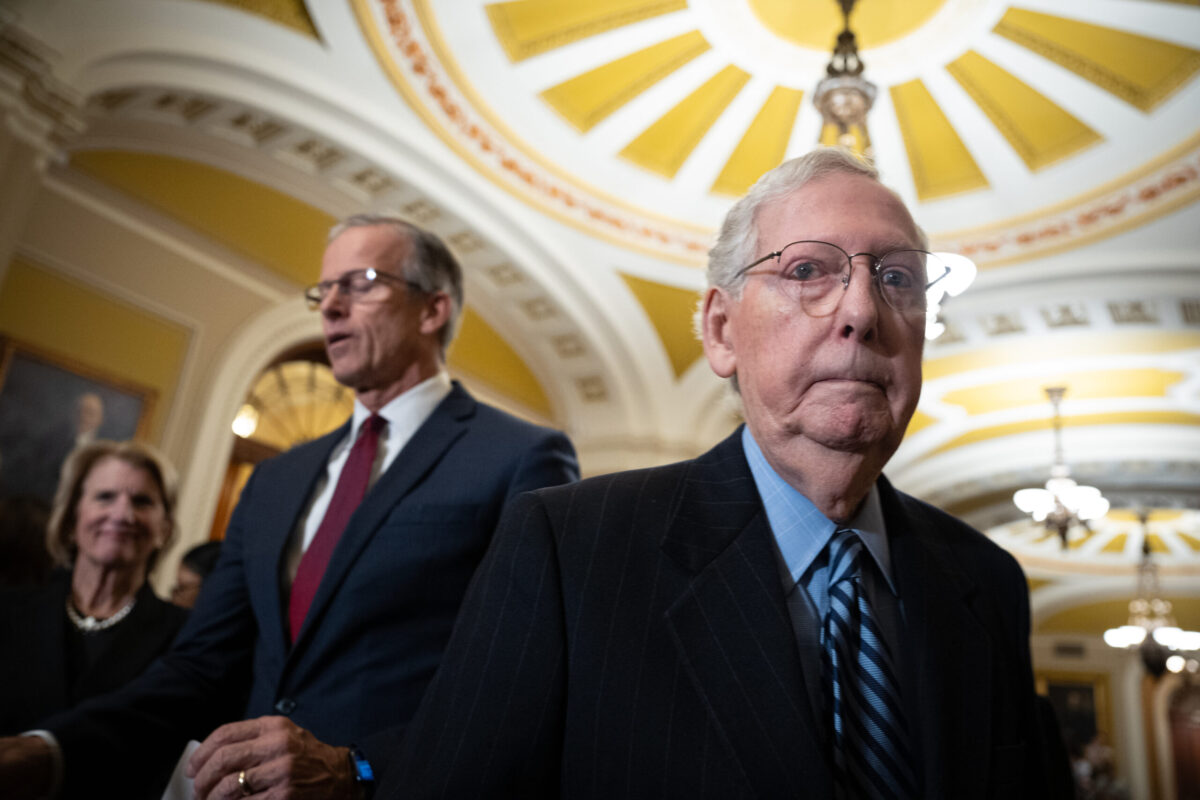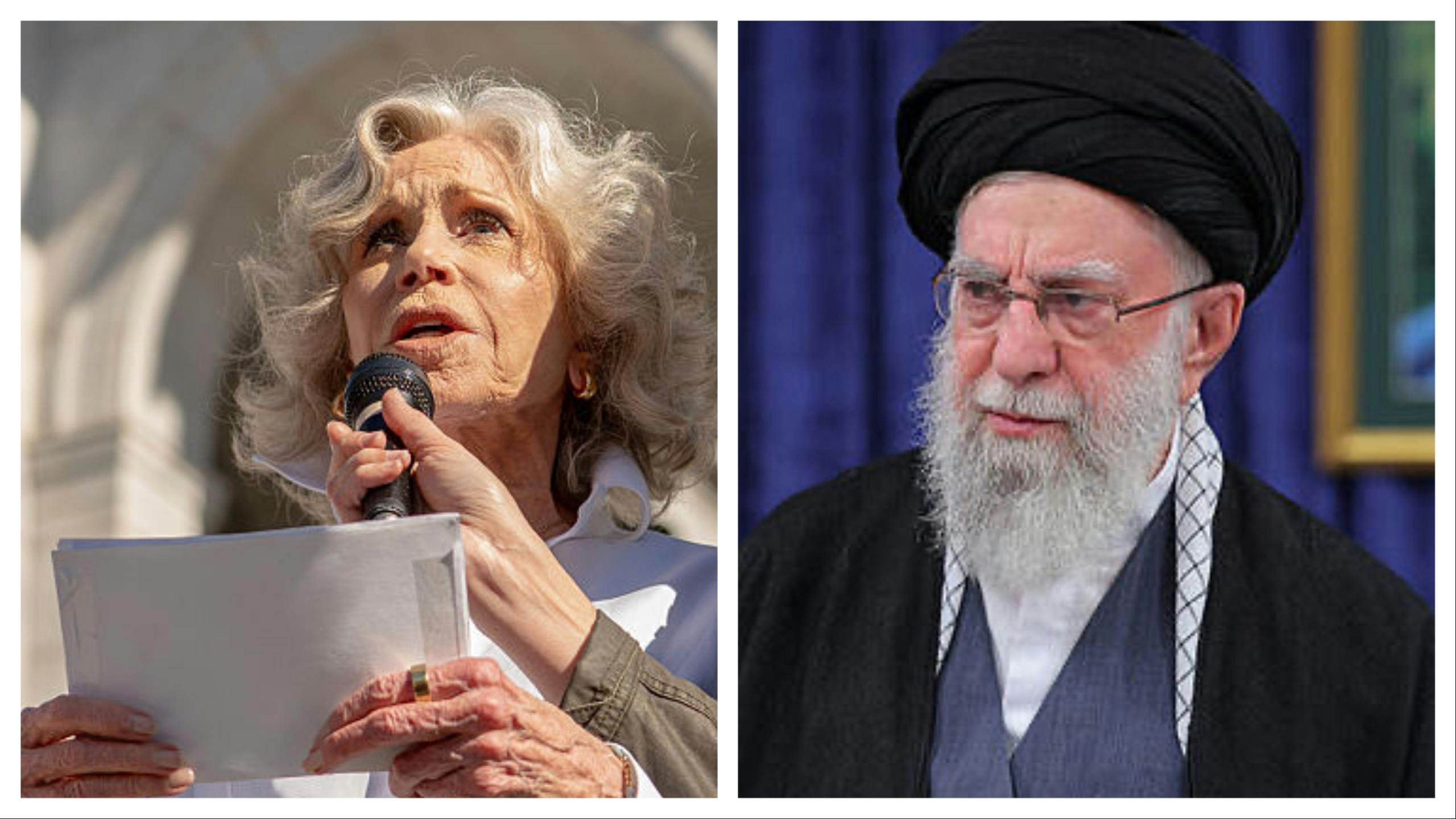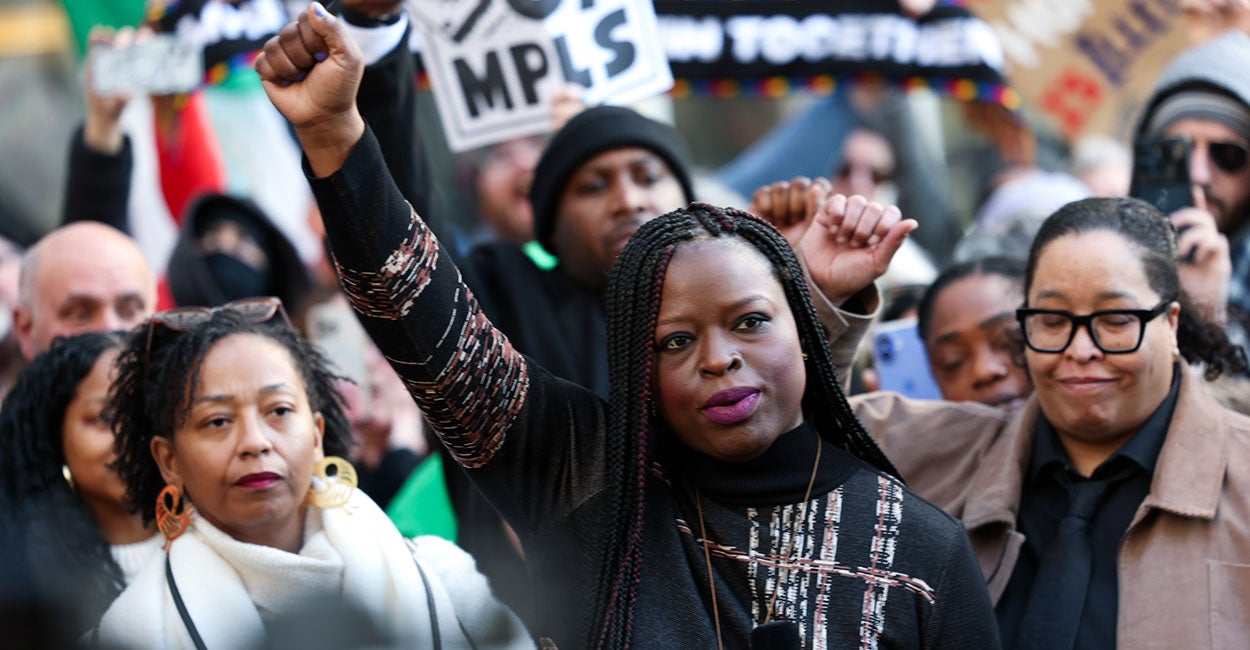What We Can Learn From the UK’s Disregard for Free Speech

For many Americans, freedom of speech is now top of mind.
Live Your Best Retirement
Fun • Funds • Fitness • Freedom
On Sept. 10, Charlie Kirk was assassinated for exercising that freedom. A week later came Constitution Day, marking the anniversary of our national charter’s completion. Four years after that completion came the Bill of Rights, including the First Amendment and its protection of free speech.
We may have separated from Great Britain to prioritize individual liberty but as a recent House Judiciary Committee hearing explored, developments there could still undermine the freedom of speech here.
As every law student learns, the Supreme Court has interpreted the First Amendment to not just prohibit outright government censorship based on the content of expression, but also to prohibit vague or broadly worded restrictions that have a “chilling effect” on speech. As the Supreme Court put it in a 1964 decision, “the threat of sanctions may deter … almost as potently as the actual application of sanctions.”
Well, things are looking pretty chilly across the pond.
Just ask Irish comedy writer Graham Linehan, who was arrested by armed police officers, detained, and interrogated about some of his social media posts. As The Times of London reports, police make more than 30 arrests every day under two statutes that prohibit messages allegedly causing “annoyance,” “inconvenience,” or “anxiety.” This marks a 58% rise in such arrests since before the COVID-19 pandemic.
It’s no comfort that these laws appear to target “grossly” offensive speech since, as we all know, grossness is in the ear of the beholder.
To make things worse, the Times also reports that while arrests for anxiety-producing expression remain high, actual convictions for communication offenses have plummeted. Police, it appears, are seriously erring on the side of suppression, leaving wide open the possibility that such subjectivity and ambiguity could be used to intimidate people from expression that the government finds problematic.
Maxie Allen and Rosalind Levine, for example, were hounded and investigated for weeks for comments they sent to their child’s elementary school. Six police officers confronted and held them in a jail cell for eight hours. One police officer even asserted that even elected officials who advocated for the couple could be “treated as harassment suspects.”
In the end, the charges were dropped because of “evidential difficulties.” But they never should have been brought in the first place.
In February, Vice President JD Vance spoke to a security conference in Germany, warning against Europe’s retreat from “fundamental values” such as freedom of expression. One writer in The Guardian, while clearly not on Vance’s side generally, had to grudgingly admit that the U.S. Constitution “provides far more freedom of speech than there is in the UK.”
The same is true of the U.S. compared to Australia, where the government is attempting to control what it considers online “misinformation.” These actions, writes John Storey, director of law and policy for the Institute of Public Affairs, “will have chilling implications.”
Freedom does not protect itself. We have a Bill of Rights because of skepticism that government would exercise only the powers it was explicitly given and not endanger individual rights. If anything, the critics may have been too modest in their assessment.
In his farewell address in 1837, President Andrew Jackson offered the now-famous counsel that “eternal vigilance by the people is the price of liberty, and that you must pay the price if you wish to secure the blessing.”
Echoing Jackson 130 years later, then newly elected California Gov. Ronald Reagan said in his inaugural address, “Freedom is a fragile thing, and it’s never more than one generation away from extinction. It is not ours by way of inheritance; it must be fought for and defended constantly by each generation, for it comes only once to a people. And those in world history who have known freedom and then lost it have never known it again.”
Let’s hope Americans learn from the cautionary tales we see around us and protect our tradition of free speech.
The post What We Can Learn From the UK’s Disregard for Free Speech appeared first on The Daily Signal.
Originally Published at Daily Wire, Daily Signal, or The Blaze
What's Your Reaction?
 Like
0
Like
0
 Dislike
0
Dislike
0
 Love
0
Love
0
 Funny
0
Funny
0
 Angry
0
Angry
0
 Sad
0
Sad
0
 Wow
0
Wow
0




